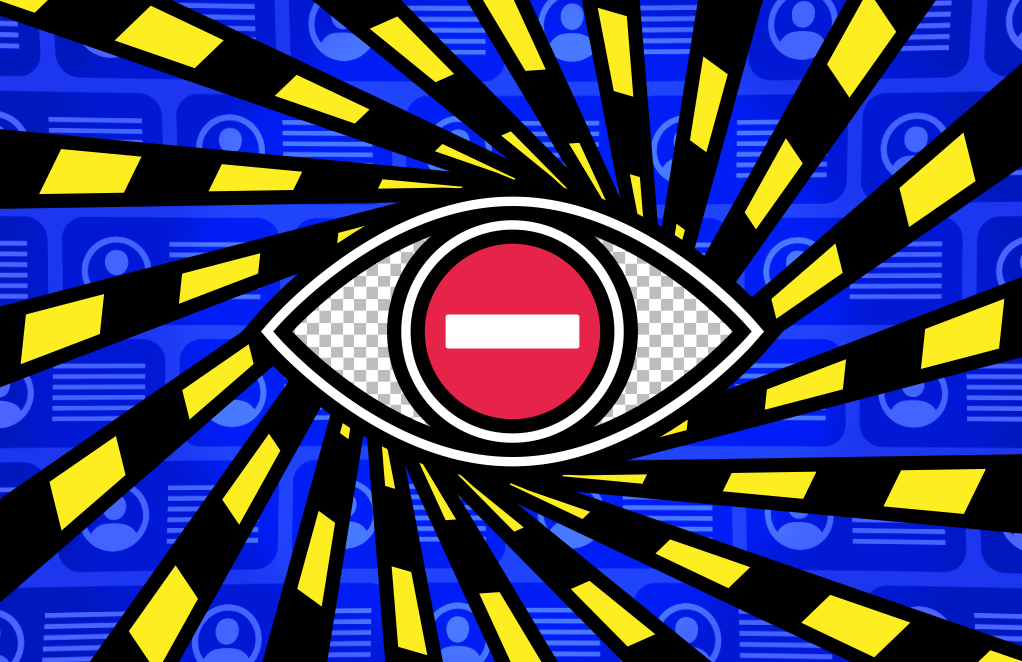
Free expression online
Making Platforms Accountable: Empowering users and Creating Safety
A report and recommendations to improve on the online environment through user empowerment
Social media platforms dominate the online “attention market,” where user engagement and personal data are monetised through targeted advertising. This model, built on surveillance and algorithmic prioritisation, drives polarising and shocking content to maximise time spent within these platforms’ products. A handful of platforms, mainly owned by Meta and Google, control most of the UK’s digital advertising revenue and shape the flow of information, with serious consequences for democracy, the information economy, and user wellbeing.
We argue that many harms associated with social media, such as misinformation, hate speech, suppression of marginalised voices, and loss of user control, are symptoms of this economic and structural concentration. Network effects mean that users, creators, and advertisers are locked into dominant platforms, unable to switch without losing audiences or revenue. This lack of competition entrenches harmful business models and leaves users exposed to unsafe environments.
To break this cycle, interoperability, or the technical ability of platforms to connect and communicate, is a key remedy. Mandated interoperability can lower switching costs, allow users to retain their social networks across platforms, and enable competitors to offer alternative moderation systems, recommendation feeds, or advertising models. Interoperability is typically examined as “horizontal interoperability”, here meaning interaction between different networks, including cross-communication and “social switching”; and vertical interoperability, within a service, in which dominant platforms open up components of their services such as alternative prioritisation and moderation services, in order to “free the feeds”.
Existing models show that interoperability works. Telecoms regulation, Internet protocols, and Open Banking demonstrate how mandated access can de-concentrate markets and empower consumers. Mobile network switching exists through regulation. Emerging decentralised social networks such as Mastodon (ActivityPub) and Bluesky (AT Protocol) provide working examples, allowing communities to govern themselves and experiment with safer, user-controlled moderation.
Our report highlights how government and society continue to fuel monopolies through advertising expenditure and policy dependence on major platforms. It urges the UK to apply its new Digital Markets, Competition and Consumers Act 2024, enabling the Competition and Markets Authority (CMA) and its Digital Markets Unit (DMU) to impose interoperability and data-portability obligations on firms with Strategic Market Status.
Interoperability offers wide benefits: restoring user choice and innovation, protecting creators and small businesses, improving safety through federated moderation, and reducing the incentives for disinformation. We call on government, regulators, and civil society to act together, to demand and create open, connected social media that place user rights, transparency, and competition at the centre of the digital ecosystem. We provide recommendations from the simple to the more complex that can make this come about.

